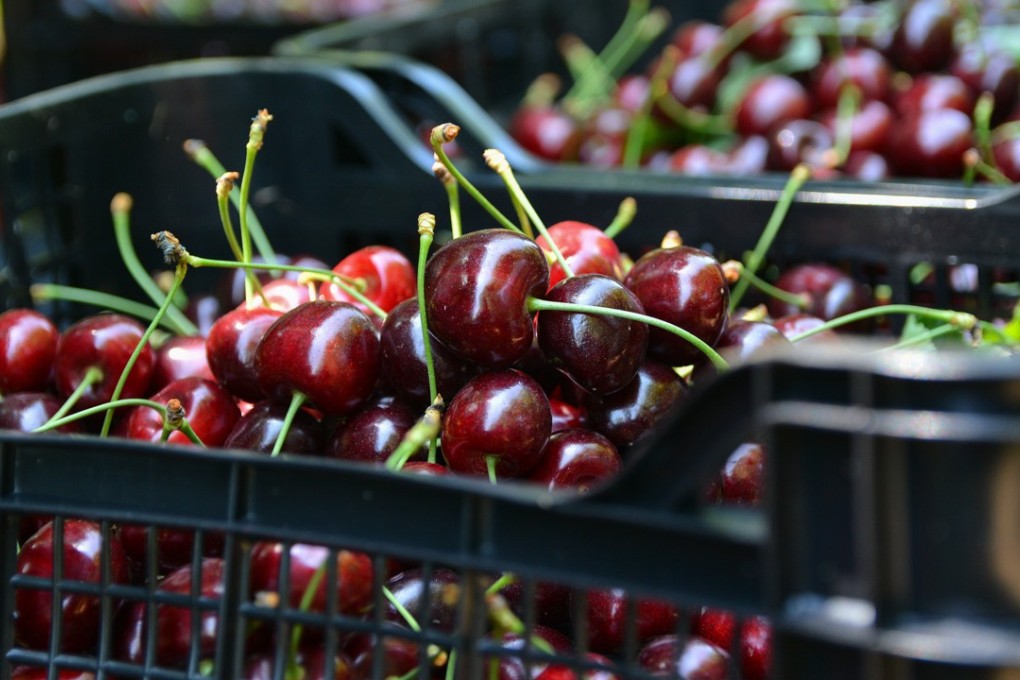China-US trade dispute turned sour for cherry traders weeks ago, Shanghai dealer says
Customs clearance and checking process that used to take hours now takes weeks, businessman says

The so-called trade war between the world’s two largest economies might have officially started on Friday, but for Chinese importers of American cherries, the impact of the long-running dispute has been rumbling through the sector for weeks.
One of the biggest problems for a trader in Shanghai has been the tardiness of customs officials in processing shipments.
At the city’s Yangshan Port and Pudong Airport, it now took between 10 days and two weeks for cargoes of cherries from the US to be cleared, the person, who asked not to be named, told the South China Morning Post.
“Normally it should take three to four hours for customs clearance, with just selective checks, but with the trade tensions it has been taking much longer,” he said.
“The inspection process has also become much tighter, with each batch of goods being subjected to checks, for various reasons, including fungi inspections.”